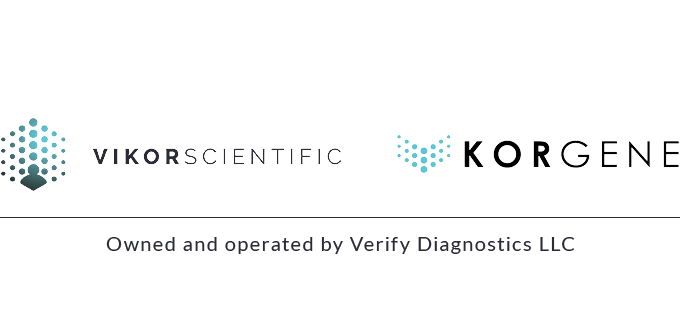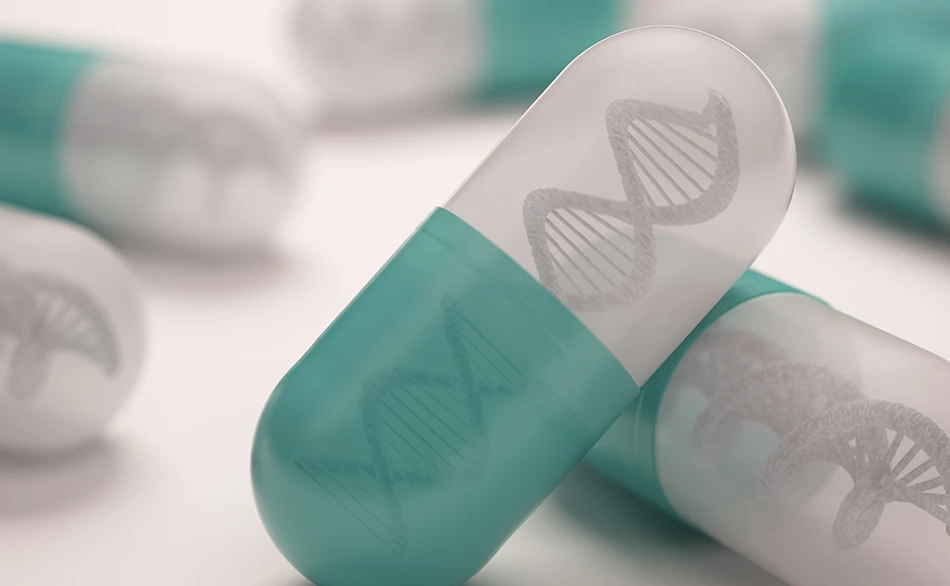Identify Optimal Therapy for the Most Common Conditions
Prescribing a medication for a patient without understanding how it will be processed in their body is much like driving across the country without GPS. Advanced technology has become a necessary component of our everyday living and without it; we may not be near as efficient or effective. Likewise, advancements in molecular technology have provided us insight in understanding factors that may affect how a patient may respond to medications based off their genetic make-up. A pharmacogenetics test is a one-time test performed after obtaining a simple buccal swab from a patient and can reveal variability in the expression of the cytochrome P450 enzymes that are involved in metabolizing 90% of medications prescribed in the U.S. This knowledge may help providers when making personalized therapeutic decisions for patients suffering from some of the most prevalent clinical conditions like psychiatric disorders, cardiovascular disease or pain.
The FDA has provided a table that lists therapeutic products with pharmacogenomics information found in the drug labeling. The labeling may include specific actions to be taken prior to prescribing.
Up to 60% of depressed patients do not respond completely to antidepressants (ADs) and up to 30% do not respond at all.
Source: Frontiers in Pharmacology







